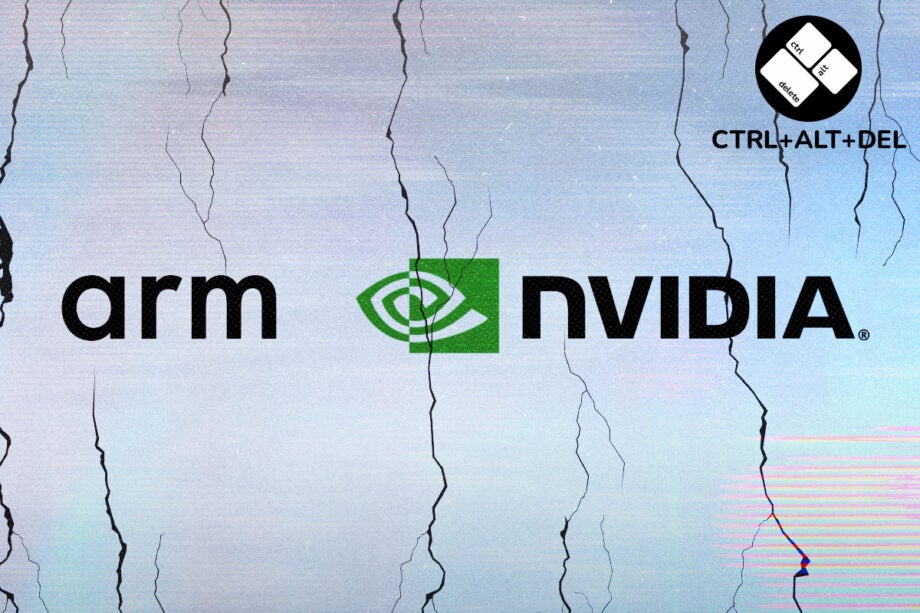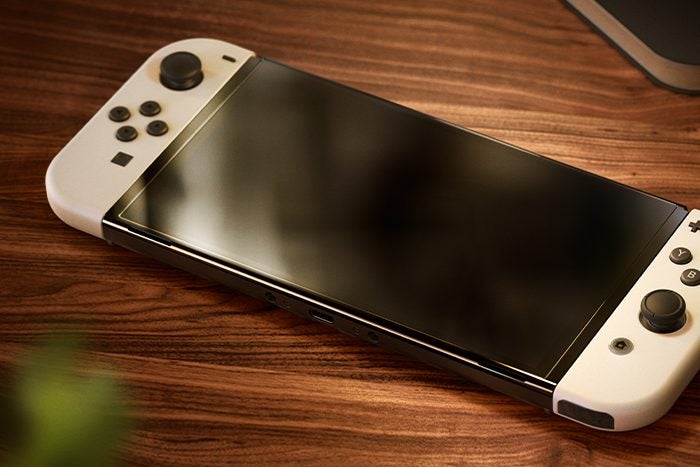Ctrl+Alt+Delete: Nvidia’s failed acquisition of Arm should be celebrated

The biggest tech news of the week is undoubtedly Nvidia’s decision to cancel its plans to acquire Arm Limited.
Nvidia cited “significant regulatory challenges” as the reason for its change of heart, which is undoubtedly referencing the CMA’s (Competition and Markets Authority) decision to investigate the merger on national security and competition grounds.
Major companies such as Apple, Microsoft and Qualcomm will no doubt be celebrating, as they no longer have to worry about Nvidia potentially influencing their relationship with the chip maker. But I’d also argue that it’s great news for us too.
Arm Limited’s chips have already had a big impact on your life. You’ll find them in smartphones, tablets and even cars, proving to be a superior option than Intel x86 chips for ultra-portable devices thanks to their excellent thermal and power efficiency.

They’ve also started to appear in laptops more frequently, with the likes of Apple embracing the processor architecture for its latest MacBook range. The likes of the MacBook Air and MacBook Pro lines have improved substantially since adopting the Arm processors, seeing an even greater performance than competing Windows machines.
While AMD and Intel have also made great progress with their own processors in the last five years, the most exciting development in the laptop world is undoubtedly the emergence of Arm processors.
Of course, Nvidia did promise to continue all of Arm’s existing relationships with clients if it had successfully acquired the company, so it probably wouldn’t have affected any deals with the likes of Apple and Qualcomm. But it’s nevertheless difficult to believe that an Nvidia-run Arm wouldn’t have any conflicts of interest.
After all, Nvidia is an existing Arm client, using the architecture to create Tegra chips for the likes of the Nintendo Switch and Shield TV. What would happen if AMD wanted to create an Arm chip for future Nintendo portables? I very much doubt Nvidia would stay neutral then. And even if Nvidia did stick to its promise, I doubt the likes of AMD would be keen to work so closely with Nvidia considering it’s a major rival.

The last thing we want is to see technology companies put off working with Arm due to Nvidia’s ownership. It would stifle innovation, resulting in fewer ambitious products.
The co-founder of Arm, Hermann Hauser, also claimed (via The Guardian) that the acquisition of Arm would have turned Nvidia into a “quasi monopoly supplier of microprocessors to the world”. Having a single company have so much control over the global technology industry would be hugely problematic, especially during the ongoing chip shortage.
Fortunately, such a deal will not materialise, as Arm is now starting preparations for a public offering instead. This is the best outcome for everyone, as it ensures that Arm can remain neutral and enables any tech company (including Nvidia) to make use of the processor architecture.
For consumers, that means we’ll continue to get the best possible products and see even more boundary-pushing innovation. So even if you’re a die-hard Nvidia fan, it’s worth celebrating the company’s failure to acquire Arm.
Ctrl+Alt+Delete is our weekly computing-focussed opinion column where we delve deeper into the world of computers, laptops, components, peripherals and more. Find it on Trusted Reviews every Saturday afternoon.


